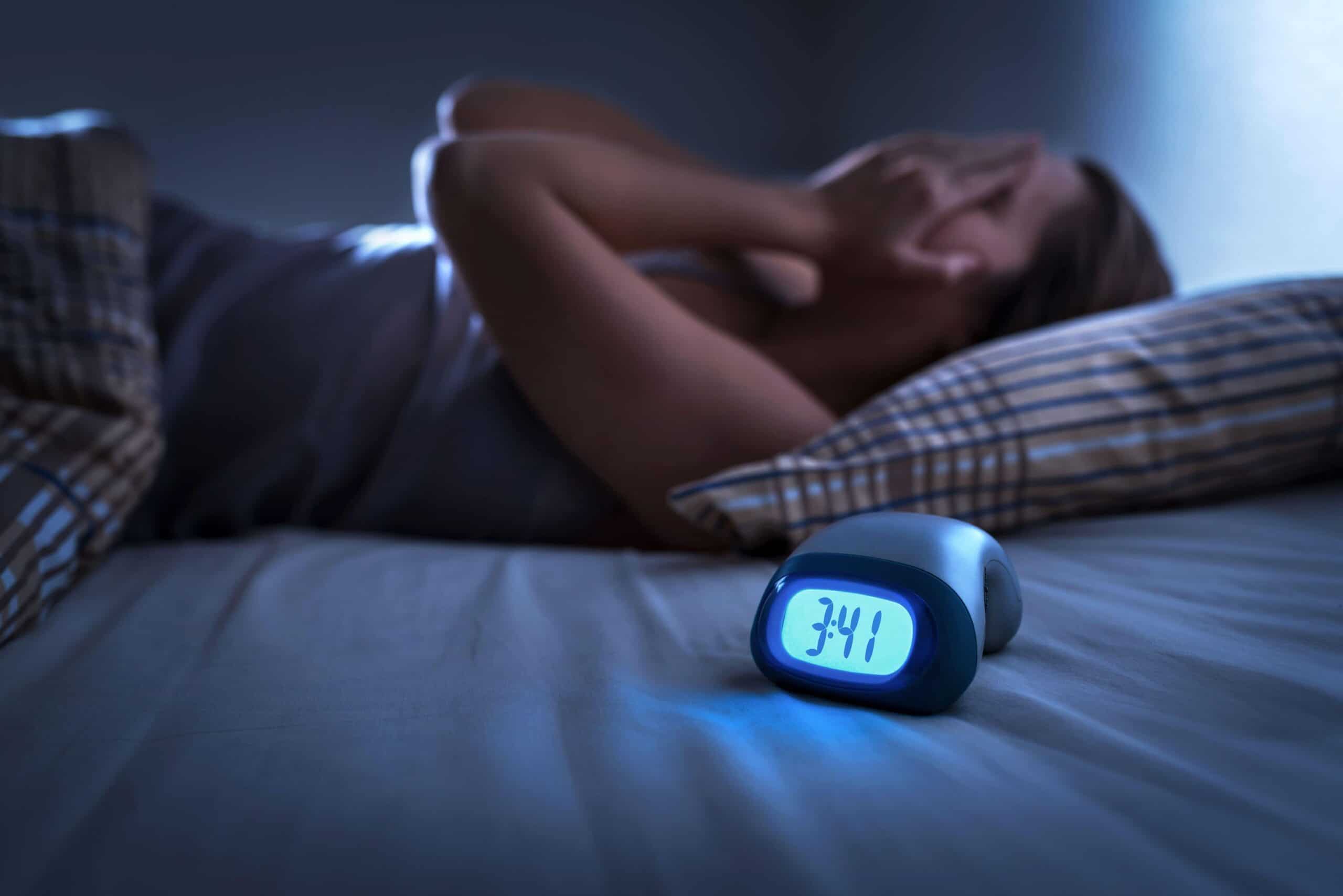Sleep is a critical component of overall health and wellbeing, particularly for students who often face heightened stress levels and demanding schedules.
According to a study by Student Beans, nearly 62% of students report experiencing significant stress during exams, negatively impacting their mental health.
Moreover, with 46% of Gen Zers identifying as having a mental health condition, ensuring adequate sleep becomes even more crucial to manage symptoms effectively.
Ches Castle, a People Partner and Mental Health First Aider at Student Beans, emphasises the importance of establishing a healthy sleep routine to combat these challenges.
Here are her top tips for students seeking to improve their quality of sleep and overall wellbeing:
Relaxation Techniques:
Relaxing the body and mind before bedtime is essential for achieving quality sleep. Castle suggests incorporating relaxation techniques such as journaling to release anxieties and worries.
Dr Michael Breus, renowned as the Sleep Doctor, recommends various strategies, including taking a warm bath or shower, practising breathing exercises, and minimizing exposure to blue light.
Consistent Sleep Schedule:
Creating a regular sleep schedule helps train the body and mind to recognize when it’s time to rest. Setting a consistent bedtime and wake-up time, aiming for 7 to 8 hours of sleep each night, can significantly improve sleep quality and overall health.
Optimizing Sleep Environment:
A relaxing sleep environment is conducive to restorative sleep. Castle advises investing in a comfortable mattress and pillow, maintaining a cool temperature, and minimizing light exposure.
Additionally, avoiding screen time before bed and reserving the bed for sleep can enhance sleep quality.
Daytime Habits for Better Sleep:
Incorporating healthy habits throughout the day contributes to better sleep at night.
Engaging in exercise earlier in the day, limiting naps to 30 minutes or less, avoiding heavy meals before bed, and minimising consumption of caffeine, alcohol, and nicotine can all promote quality sleep.
By implementing these expert-recommended strategies, students can prioritize their sleep and enhance their overall health and academic performance.
Remember, quality sleep is not a luxury; it’s a necessity for optimal functioning and wellbeing.
Start prioritising your sleep today for a brighter, more productive tomorrow.
